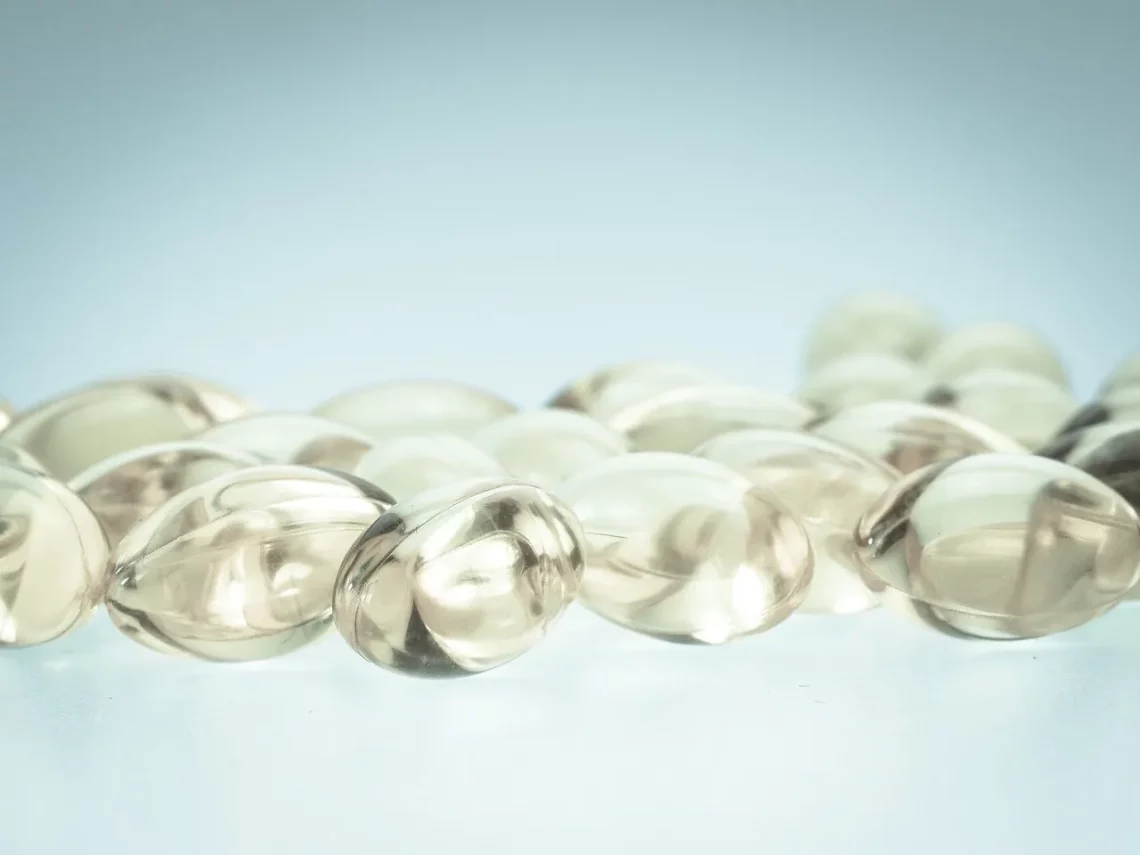
Essential Supplements for Runners to Enhance Performance and Recovery
In the world of running, performance and recovery are critical components that can significantly influence a runner’s overall success and enjoyment. Whether you’re a seasoned marathoner or a weekend jogger, the right supplements can make a noticeable difference in your training regimen. As runners push their bodies to new limits, their nutritional needs also evolve. To achieve optimal performance, it’s essential to understand how certain nutrients can support endurance, boost energy levels, and facilitate faster recovery after intense workouts.
The demands of running require not only a well-structured training plan but also a diet that meets the increased nutritional needs of the body. Many runners find it challenging to consume all the necessary nutrients solely through food, which is where supplements come into play. By incorporating the right supplements, runners can enhance their physical capabilities while minimizing the risk of injury. These nutritional aids can help address specific deficiencies, support muscle repair, and improve overall stamina.
As we delve into the essential supplements that can benefit runners, it’s crucial to remember that individual needs may vary based on factors like age, sex, weight, and training intensity. Therefore, understanding what each supplement provides can help runners make informed choices tailored to their unique requirements.
Electrolytes: The Key to Hydration and Performance
Electrolytes are minerals that carry an electric charge and play a vital role in numerous bodily functions, particularly in hydration and muscle function. For runners, maintaining proper electrolyte balance is crucial, especially during long runs or races in warm weather. The most common electrolytes include sodium, potassium, calcium, magnesium, chloride, and bicarbonate.
When runners sweat, they lose electrolytes alongside water. This loss can lead to dehydration, muscle cramps, and fatigue, which can severely impact performance. To counteract this, many runners turn to electrolyte supplements, which come in various forms, including powders, tablets, and drinks. These supplements help restore electrolyte levels, ensuring that muscles function optimally during prolonged physical activity.
Incorporating electrolytes into your routine can also help prevent hyponatremia, a condition that occurs when sodium levels drop too low due to excessive water intake without adequate electrolyte replenishment. This condition can lead to serious health issues, including confusion, seizures, and in extreme cases, death.
When selecting an electrolyte supplement, consider one that contains a balanced mix of sodium and potassium, as these two minerals are critical for muscle contraction and nerve function. Some products also include additional vitamins and minerals, which can further enhance their effectiveness. Additionally, consuming electrolyte-rich foods such as bananas, coconut water, and pickles can complement your supplementation strategy.
Remember to listen to your body and adjust your intake based on the duration and intensity of your runs. Implementing a strategy that includes electrolyte supplementation can help you stay hydrated, maintain performance, and recover more effectively.
Protein: Fueling Muscle Repair and Growth
Protein is fundamental for all athletes, and runners are no exception. After long runs or intense training sessions, your muscles undergo stress and micro-tears, necessitating repair and recovery. Consuming sufficient protein helps facilitate this process, promoting muscle repair, growth, and overall recovery.
The recommended protein intake for runners varies depending on their training intensity and goals. For those engaged in endurance training, a daily protein intake of 1.2 to 2.0 grams per kilogram of body weight is often suggested. This can be achieved through a combination of whole foods and protein supplements such as powders or bars, allowing for convenient intake post-workout.
Whey protein is one of the most popular choices among runners due to its high biological value and rapid absorption. It provides essential amino acids needed for muscle recovery and helps synthesize new muscle proteins. Plant-based protein sources, such as pea, hemp, and brown rice protein, are excellent alternatives for those following a vegetarian or vegan diet.
Timing is also crucial when it comes to protein intake. Consuming protein within 30 minutes to two hours after a workout can maximize muscle recovery and growth. Pairing protein with carbohydrates post-exercise can further enhance recovery by replenishing glycogen stores and promoting insulin sensitivity, which aids in nutrient transport to muscle cells.
Incorporating a balanced diet with high-quality protein sources, along with supplementation as needed, can significantly enhance your performance and recovery as a runner.
Omega-3 Fatty Acids: Reducing Inflammation and Supporting Joint Health
Omega-3 fatty acids are essential fats that the body cannot produce on its own. They are vital for overall health and have been shown to provide numerous benefits for runners. These fats are known for their anti-inflammatory properties, which can be especially beneficial for athletes who subject their bodies to high-impact activities like running.
Regular consumption of omega-3 fatty acids can help reduce inflammation, potentially lowering the risk of injuries such as tendonitis or joint pain. This can be particularly advantageous for runners who experience chronic inflammation due to rigorous training. Omega-3s also support cardiovascular health, which is crucial for endurance athletes, as they help improve blood flow and oxygen delivery to muscles during exercise.
Fatty fish, such as salmon, mackerel, and sardines, are excellent dietary sources of omega-3s. For those who may not consume fish regularly, fish oil supplements or plant-based alternatives such as algae oil can be effective options. It’s essential to choose high-quality supplements that are free from contaminants and provide adequate dosages of EPA and DHA, the two most beneficial types of omega-3s.
Incorporating omega-3 fatty acids into your nutrition plan can enhance recovery, reduce inflammation, and support overall joint health, allowing you to train harder and longer without the risk of injury.
Vitamins and Minerals: The Building Blocks of Health
Vitamins and minerals play an integral role in supporting the overall health and performance of runners. While the ideal approach is to obtain these nutrients from a well-balanced diet rich in fruits, vegetables, whole grains, and lean proteins, supplementation can be beneficial, especially in cases of deficiency or increased demand.
Key vitamins such as B-complex vitamins, vitamin D, and vitamin C are particularly important for runners. B vitamins assist in energy metabolism, helping convert food into fuel during workouts. Vitamin D supports bone health and immune function, which is vital for maintaining training consistency. Vitamin C acts as a powerful antioxidant, helping to combat oxidative stress that can occur from intense exercise.
Minerals such as iron, calcium, and zinc are also critical. Iron is essential for transporting oxygen in the blood, and a deficiency can lead to fatigue and decreased performance. Calcium is necessary for bone health, while zinc plays a role in immune function and recovery.
If you suspect you may have nutrient deficiencies, consult with a healthcare professional to determine the best course of action. A tailored supplementation strategy can help ensure that you meet your body’s unique nutritional needs, supporting your performance and recovery as a runner.
In conclusion, while supplements can be beneficial for enhancing performance and recovery, they are not a substitute for a balanced diet. Always consult with a healthcare provider before starting any new supplement regimen, particularly if you have existing health concerns or conditions.
**Disclaimer**: This article is not intended as medical advice. For any health-related issues, it is essential to seek the guidance of a qualified healthcare professional.




